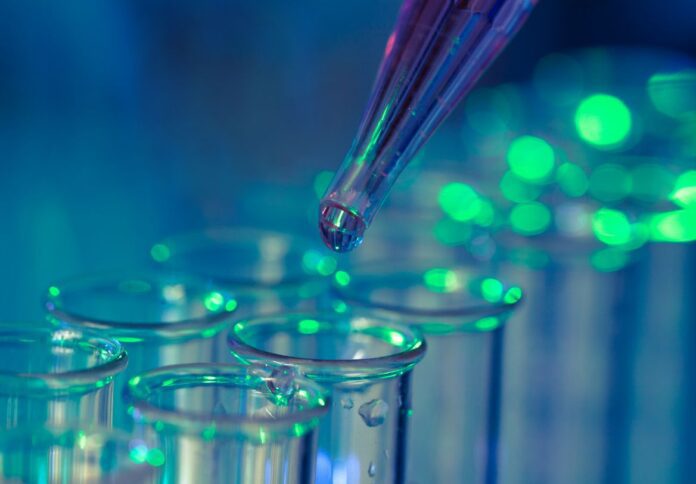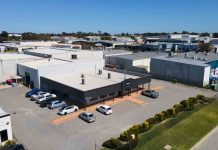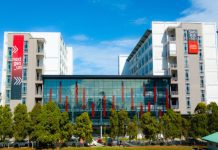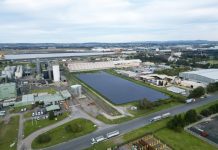
Australian pharmaceutical firm Phebra and the University of Wollongong (UOW) have entered into a six-year collaboration agreement to carry out research and development (R&D) and trials of patented and targeted arsenic compounds for the treatment of acute myeloid leukemias and pancreatic cancer.
Andre Vlok, Phebra’s CEO, stated that the company is pleased with the latest extension of its relationship with UOW and looks forward to the drug entering human trials.
“Our work with UOW demonstrates Phebra’s ongoing commitment to bring new drugs to market for key unmet needs and to develop, locally manufacture and commercialise products which are the work of Australian researchers,” Vlok said.
In 2016, the university’s medicinal chemistry research group, led by Associate Professor Carolyn Dillon, began working with Phebra.
Associate Professor Dillon and Dr Judith Carrall created the anti-cancer agent, which was published in 2019.
In particular, the novel chemical employs a targeting method to deliver extremely small amounts of the active element arsenic to certain tumours, reducing off-target adverse effects and expanding the therapeutic potential of difficult-to-treat diseases.
The medication has also demonstrated efficacy in acute myeloid leukaemia (AML) and pancreatic cell lines.
Vlok emphasised that Phebra’s mission is to continually innovate by conducting research, developing, and manufacturing medications here in Australia, enabling the subsequent generation of university researchers to get training in the field of pharmaceutical development.
Meanwhile, R&D Director Dr Mal Eutick stated the work has demonstrated tremendous potential and in collaboration with UOW, he said they are considering expanding the potential of these targeted chemicals to the treatment of additional malignancies including mesothelioma.
“We have already developed a system for GMP production of the drug which will provide sufficient compliant material for our future trials,” Dr Eutick said.
The scientific foundation for this study was approved for publication in the Journal of Medicinal Chemistry, a high-impact international journal specialising in the chemical synthesis, characterisation, and biological testing of prospective therapeutic agents.
Associate Professor Dillon also presented the findings at the 20th International Conference on Biological Inorganic Chemistry in Adelaide in mid-July.
Associate Professor Dillon and Dr Carrall expressed their delight and excitement at the prospect of continuing their partnership with Phebra as they enter the next stage of the trials.
“This comes from many years of hard work and perseverance as we progressed from concept to biological testing. The work stems from practices that we teach in the UOW Bachelor of Medicinal Chemistry Degree and allows our post graduate students to see first-hand the processes involved in drug design, development and marketing,” Dr Carrall said.
Professor David Currow, UOW Deputy Vice-Chancellor and Vice-President (Research and Sustainable Futures), stated that the university recognised the importance of business partnerships to generate innovation.
“By bridging academia and industry, such partnerships foster a dynamic exchange of knowledge, ideas, and resources. These collaborations drive real-world impact and have the potential propel medicine forward in remarkable ways” Prof Currow said.
He concluded, “The ability to develop and manufacture new medicines in Australia helps directly to address pressing clinical needs while building our knowledge economy.”


















